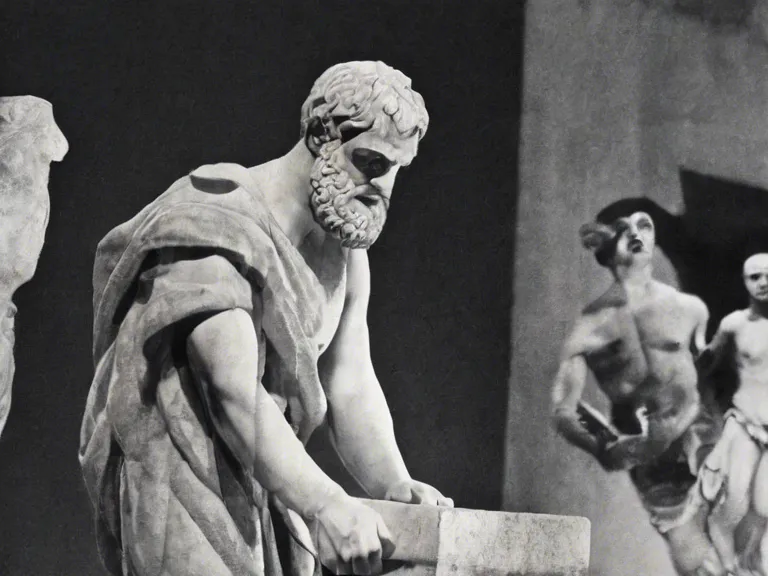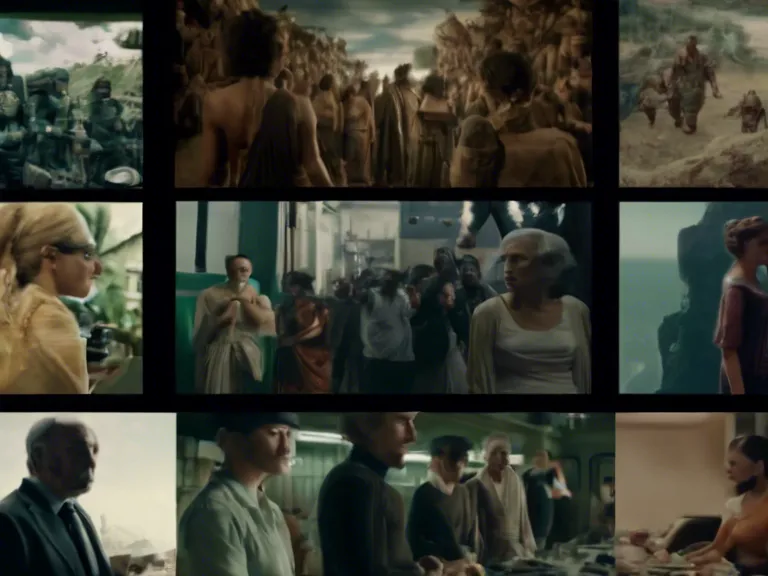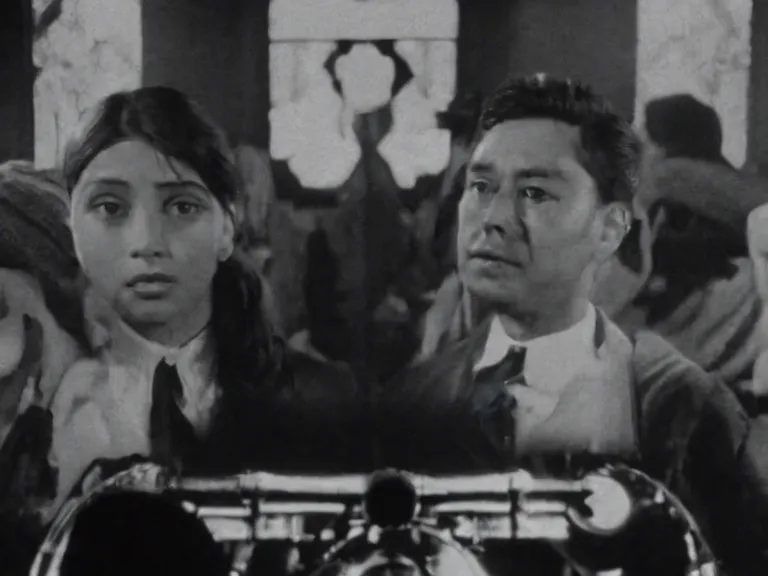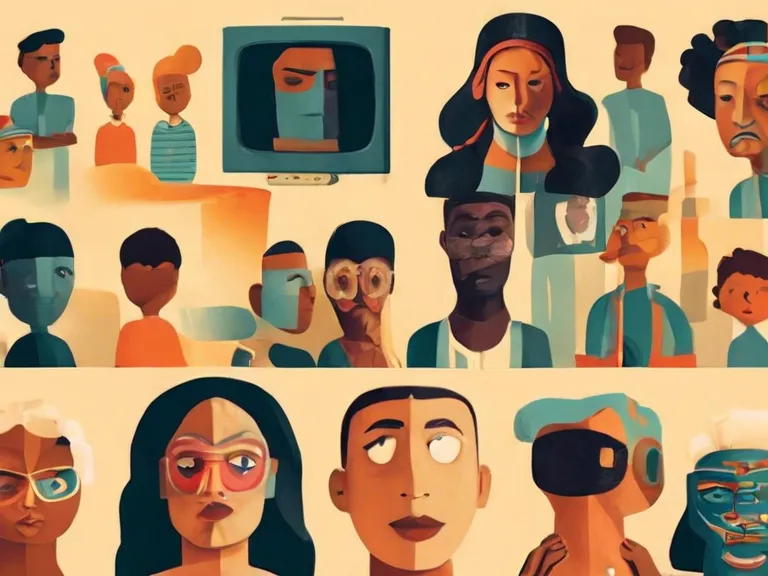
Aristotle's Poetics and Contemporary Film: A Study of Cultural Representation
Aristotle's Poetics has long been regarded as a foundational text in the study of literature and storytelling. Its principles have influenced countless works of art in various mediums, including film. In this article, we will explore how Aristotle's ideas about tragedy, plot structure, and character development can be applied to contemporary cinema, specifically in terms of cultural representation.
One of Aristotle's key concepts in Poetics is the idea of catharsis, or the emotional release experienced by the audience when watching a tragedy. This notion can be seen in many modern films that aim to provoke strong emotional responses from viewers. By examining how different cultures are portrayed on screen and how audiences react to these representations, we can gain insight into the ways in which contemporary filmmakers engage with Aristotle's theories.
Another important aspect of Aristotle's Poetics is the emphasis on character development and the importance of creating complex, believable characters. In today's cinema, the representation of diverse cultures and backgrounds is an increasingly relevant topic. By studying how filmmakers depict characters from different cultural backgrounds and how these portrayals influence audience perception, we can better understand the relationship between art and society.
Furthermore, Aristotle's ideas about plot structure and the importance of a well-crafted narrative can also be applied to contemporary film. By analyzing the ways in which filmmakers construct their stories and develop their themes, we can gain a deeper appreciation for the complexities of cultural representation in cinema.
In conclusion, the study of Aristotle's Poetics offers valuable insights into the ways in which contemporary filmmakers engage with cultural representation in their work. By examining the principles outlined in this ancient text and applying them to modern cinema, we can gain a better understanding of the power of storytelling and its ability to shape our perceptions of the world around us.



